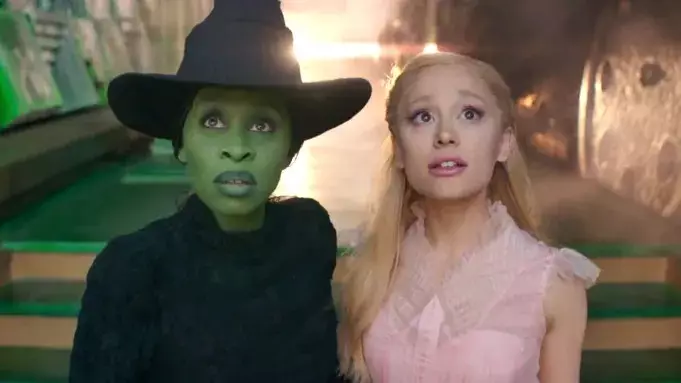Universal Pictures has announced a significant change in the release schedule for the highly anticipated film Wicked: Part Two. Originally slated to debut on November 26, 2025, the film will now hit theaters a few days earlier on November 21, 2025. This strategic decision appears to be a calculated response to the competitive cinematic landscape, notably the upcoming Disney release, Moana 2, which is set for the Wednesday before Thanksgiving. By placing Wicked: Part Two just days before the holiday, Universal hopes to avoid direct competition while still engaging audiences during a peak movie season.
This move echoes Universal’s earlier strategy regarding Wicked: Part One, which was repositioned on the calendar to the same date as Paramount’s Gladiator 2, now shifted to November 22. This is a prime example of how studios are navigating the complexities of release timelines, particularly during holiday periods that typically see a surge in cinema attendance. The decision to arrange releases with an eye on potential box office “halo effects,” akin to the phenomenon witnessed with the simultaneous debut of Barbie and Oppenheimer, showcases a growing trend where studios aim to create synergies between competing titles.
The theory behind this strategy is simple: by presenting audiences with multiple enticing options, film studios can capture a broader demographic, attracting both male and female moviegoers. Imagine a night out at the cinema with audiences dressed as gladiators and witches, a vivid image that conveys the potential cultural impact of these juxtaposed releases.
Wicked: Part Two continues the story of Elphaba and Glinda, portrayed by Cynthia Erivo and Ariana Grande, respectively. The film delves into the deeper narratives surrounding these beloved characters, exploring themes of identity and friendship against a backdrop inspired by L. Frank Baum’s Wizard of Oz. Alongside leading talents, the movie boasts an impressive ensemble cast including Peter Dinklage, Michelle Yeoh, and Jeff Goldblum, adding both allure and star power to the project. The casting choices reflect Universal’s commitment to creating a captivating cinematic experience that echoes the Broadway success of the original musical.
Jon M. Chu’s directorial vision, coupled with Marc Platt’s production prowess, aims to bring the story’s depth and magic to a wider audience. Given that the stage musical has an extensive runtime of nearly three hours, Universal’s decision to split the narrative into two installments allows for a more nuanced exploration of characters and storylines, potentially inviting deeper fan engagement.
The anticipation for both Wicked films has reached a fever pitch, fueled by extensive promotional efforts during key events, including NBCUniversal upfronts and the Summer Olympics. As Universal Pictures ramps up marketing, expectations for Wicked: Part One and Part Two are sky-high, with fans eager to see how the narrative unfolds. These moves not only signify Universal’s confidence in the property but also its strategic agility in a dynamic market.
Universal Pictures’ tactical release shift for Wicked: Part Two is indicative of a broader industry trend toward scheduling acumen in a competitively charged environment. As cinematic landscapes evolve, studios that adeptly navigate timing and audience engagement will likely emerge as the frontrunners in drawing theatergoers into their magical worlds.

